Death Valley National Park, California
- Amber Young
- Jan 29, 2025
- 2 min read
Updated: Feb 11, 2025
I have never really given Death Valley much thought. When I did think about it, I mostly thought it sounded like an unpleasant place that should probably be avoided. After all, it is proudly proclaimed the hottest, lowest, and driest place on earth. And it is named after death.
While it is certainly a land of extremes, that's what makes it uniquely beautiful, with a wild variety of landscapes, views, and geological wonders. It has a vast, other-worldly quality to it. January was the perfect time for us Pacific Northwesterners to visit. The days were gorgeous, with warm sunshine, cool breezes, faded light, and colorful, many-textured mountains on all sides of us. I often felt like we were driving through a painting, with each site crafted by a different artist.
Zabriskie Point
A layered, contoured topography that shades and shadows as the light changes.

Badwater Basin
It's the lowest point in North America. There should be water here at 282 feet below sea level but the desert heat evaporates it, creating a blinding white salt flat that looks like snow and goes on for miles.

Devil's Golf Course
Jagged, irregular salt crystal formations that look like a coral reef on dry land.

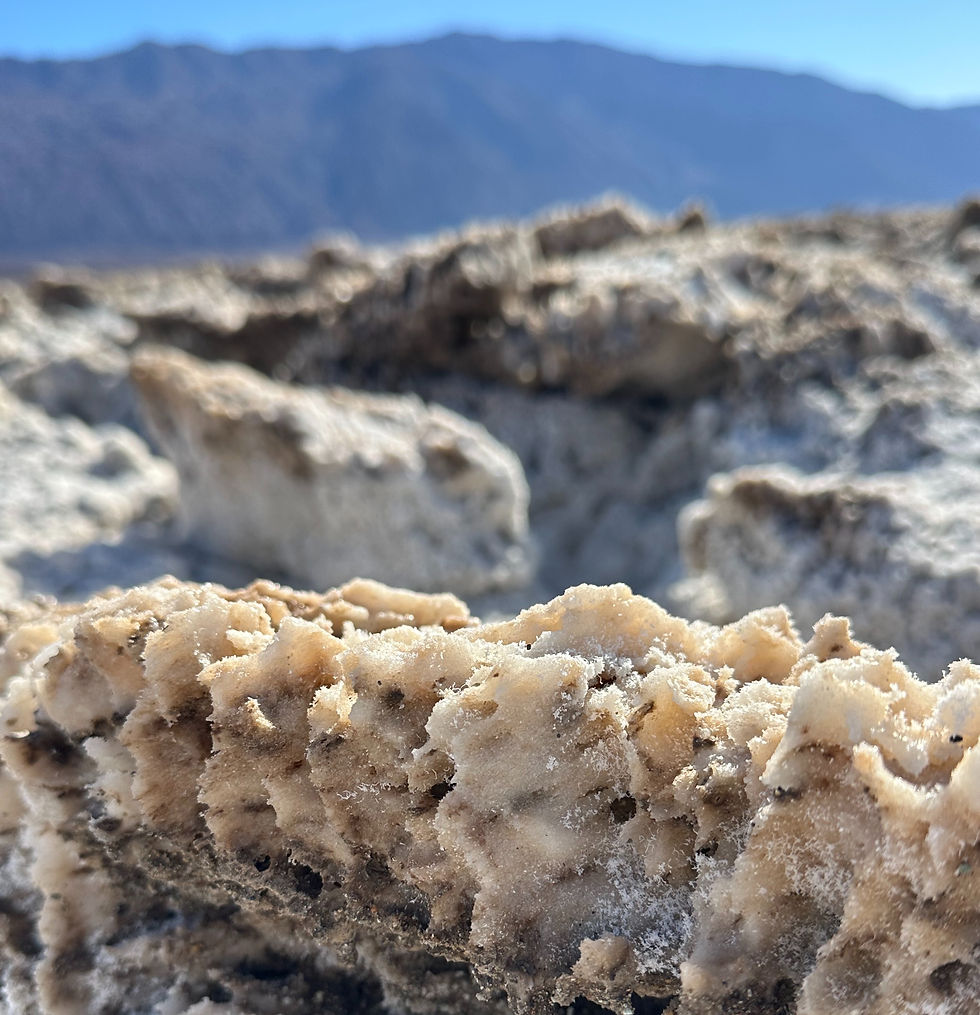
Dante's View
Like watching the sunset on top of the world. So breathtakingly beautiful with views for miles.

Artists Palette
A rich variety of volcanic mineral deposits created cliffs of every color, all in one place.

Mesquite Flats Sand Dunes
Miles of tall, curved dunes, framed by mountain ranges. You could walk forever here, cresting one dune only to be presented with an even higher one in the near distance.
Mosaic Canyon
Geology on display within the canyon walls. Rocks within rock offer varied surfaces and textures.
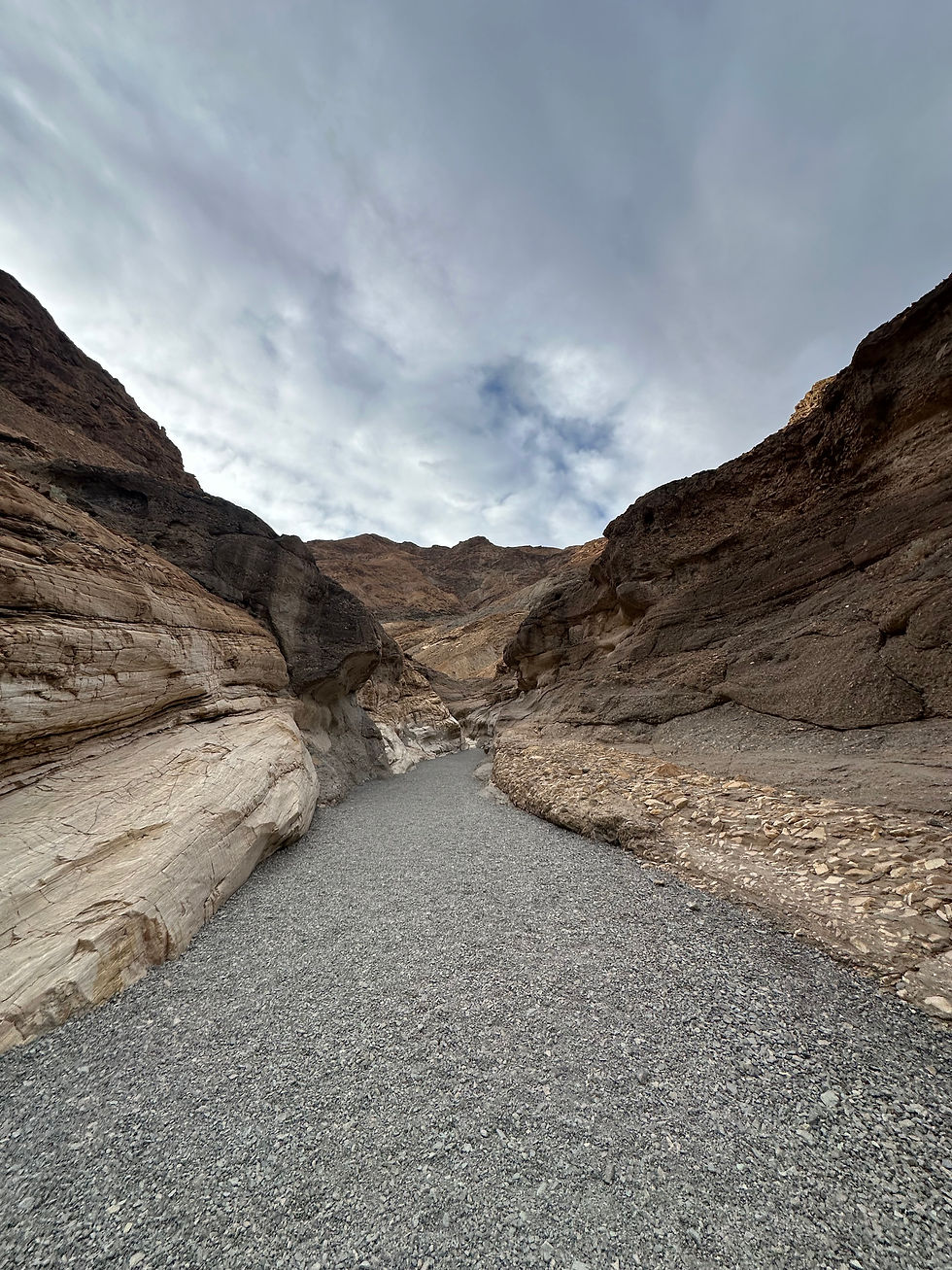



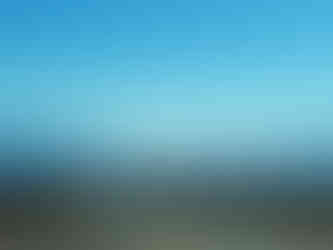



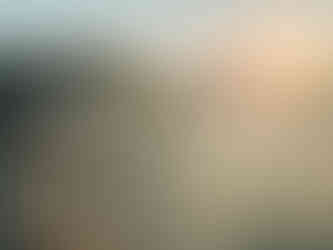


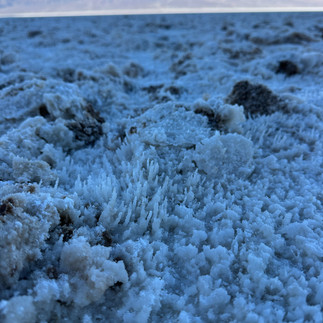
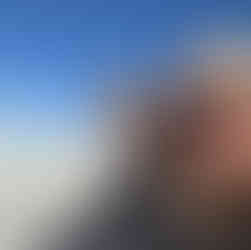



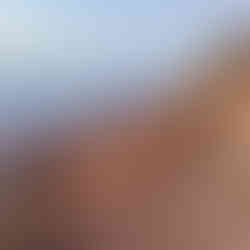

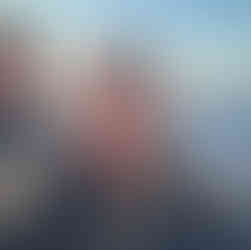







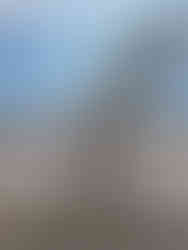


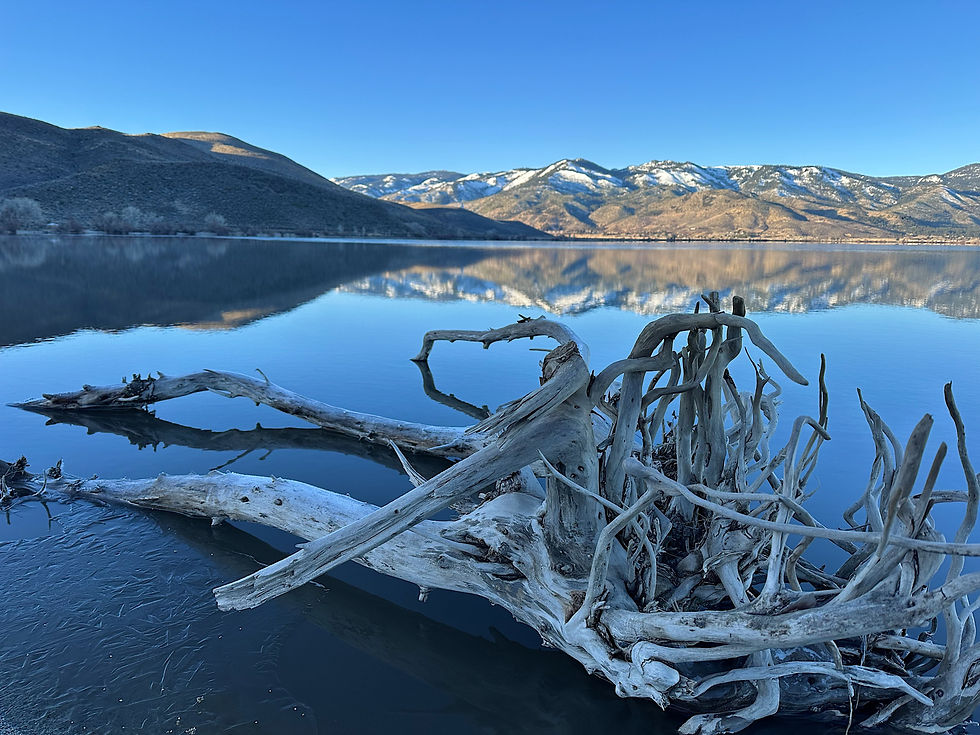
Comments